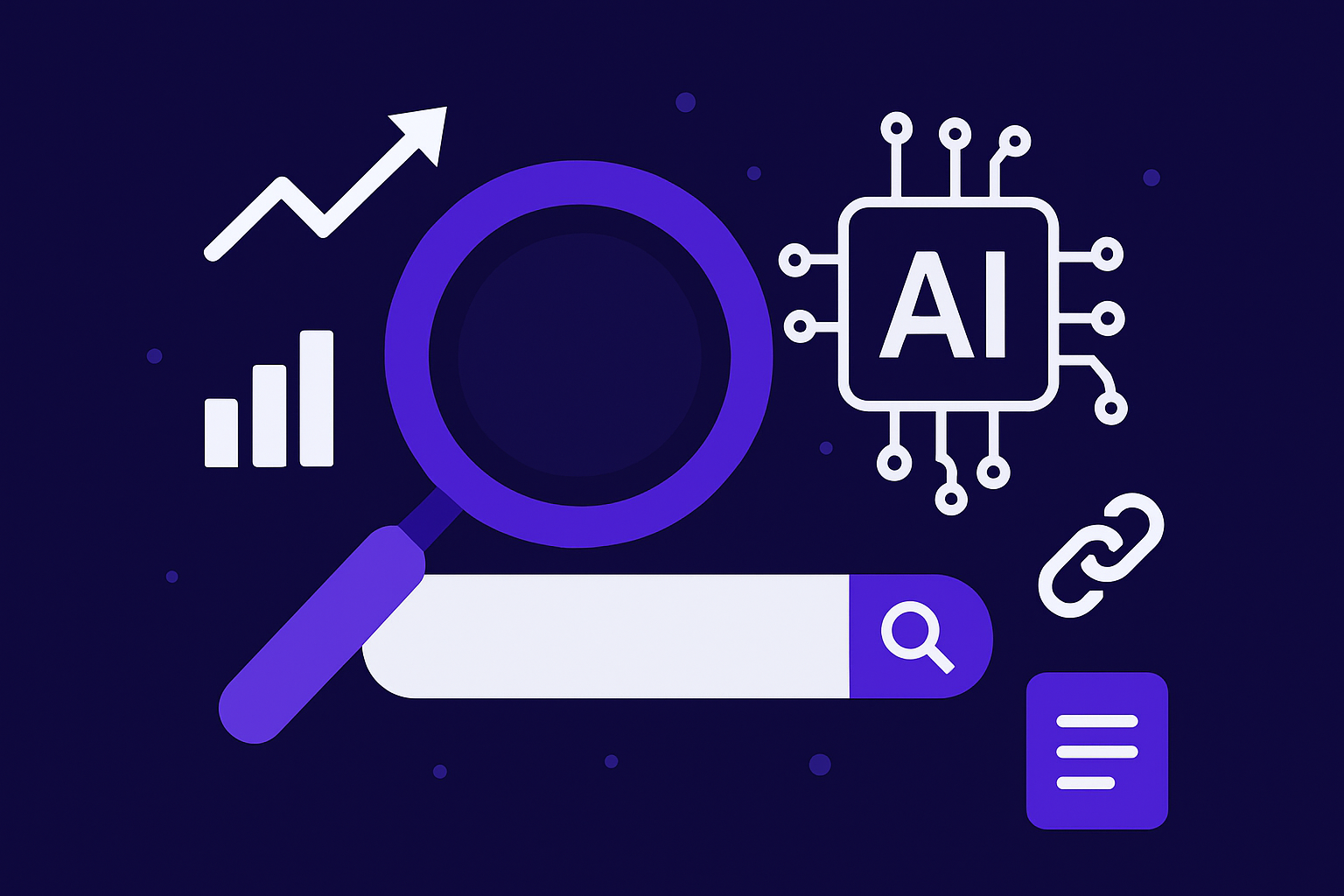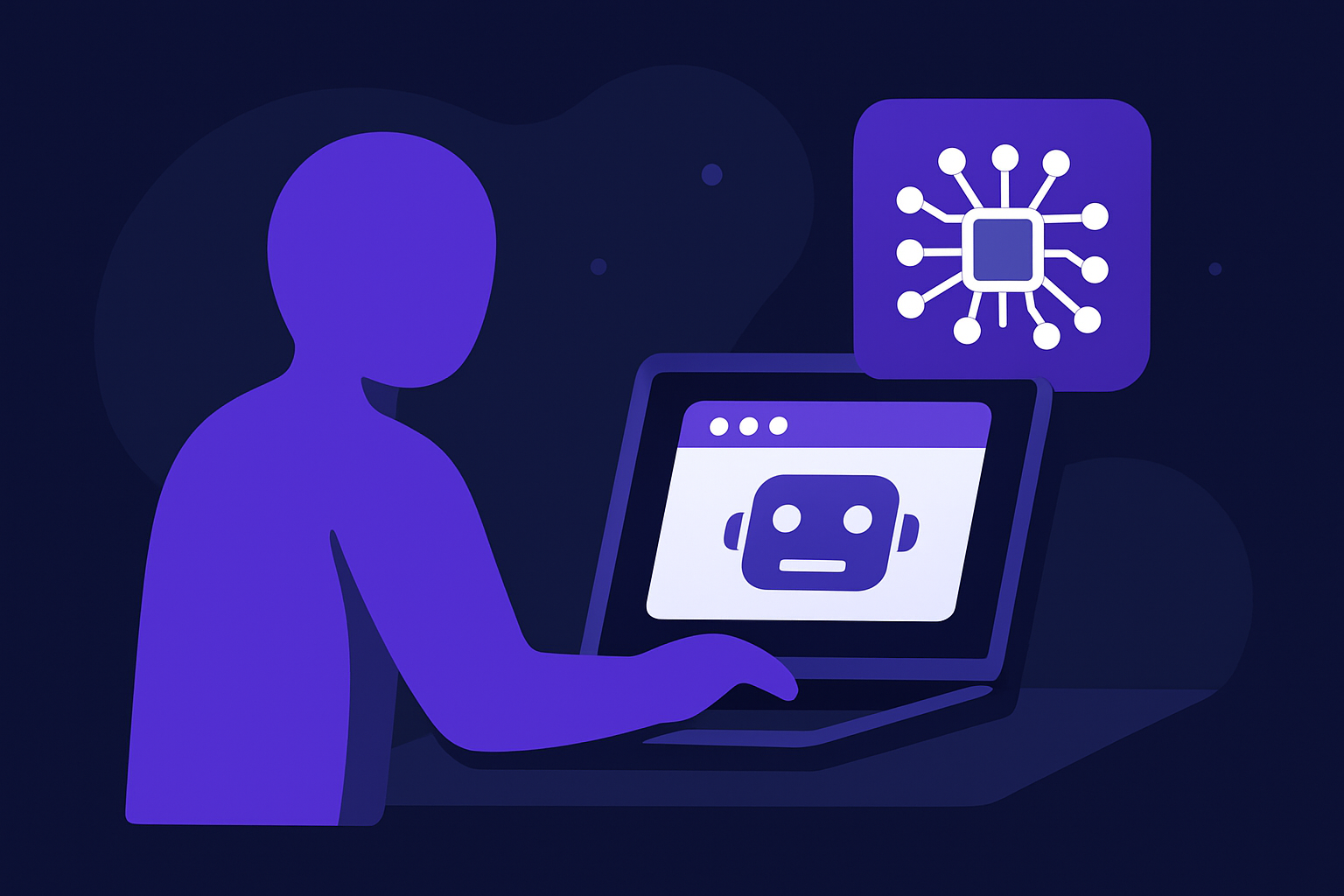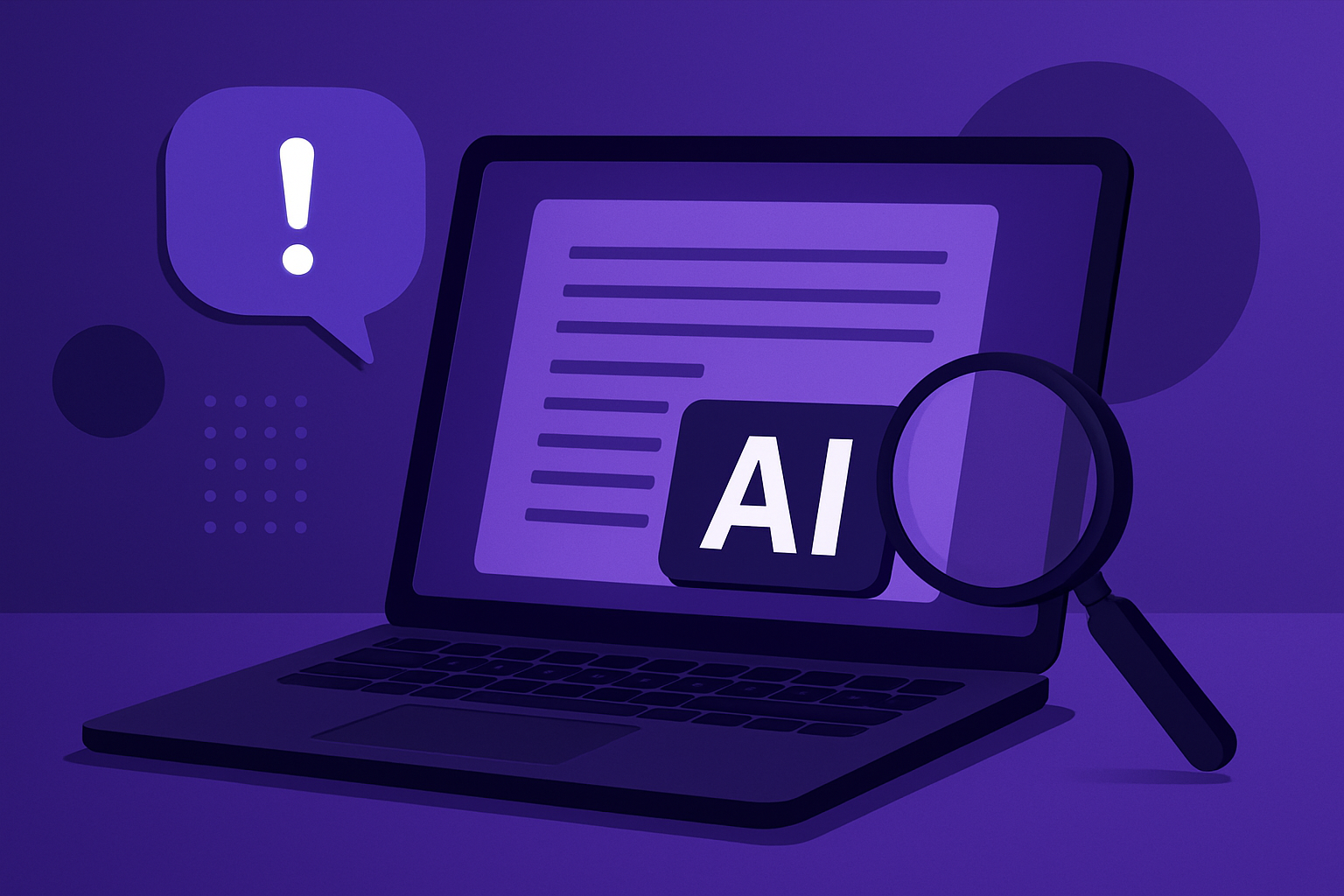Recent reports have surfaced regarding NVIDIA's artificial intelligence (AI) team allegedly scraping video content from platforms like YouTube and Netflix without permission. This revelation has sparked a debate around the ethical boundaries of AI training methodologies, raising questions about intellectual property rights, user privacy, and the broader implications for content creators and consumers alike.
As AI technology continues to advance, the methods used to train these systems become increasingly scrutinized. While the potential applications of AI are vast and promising, the means by which data is obtained for training purposes can sometimes blur ethical lines. This particular case involving NVIDIA highlights the tension between innovation and compliance, urging industry stakeholders to reconsider existing frameworks and regulations.
Background on AI Training Data
The development of AI relies heavily on vast amounts of data to train models that can recognize patterns, understand context, and make decisions. Typically, this data is sourced from publicly available datasets or through partnerships where data-sharing agreements are in place. The quality and diversity of training data significantly impact the effectiveness and accuracy of AI models.
In recent years, there has been a trend towards using multimedia content, including videos and images, to enhance the capabilities of AI systems. These multimedia datasets require extensive processing power and sophisticated algorithms to decode and learn from the visual and auditory information contained within them.
NVIDIA, a leader in AI and GPU technology, has been at the forefront of pushing these boundaries. However, their recent actions raise questions about the integrity and legality of their data collection practices.
The Allegations Against NVIDIA
According to reports, NVIDIA's AI team engaged in scraping video content from popular streaming platforms such as YouTube and Netflix without obtaining explicit permissions. Scraping involves extracting large volumes of data from websites, which can then be used for various purposes, including training AI models.
This practice, if carried out without consent, could potentially violate terms of service agreements of these platforms, which typically prohibit automated access and data extraction to protect intellectual property and user data. The allegations suggest that NVIDIA bypassed these restrictions to gather a comprehensive dataset.
The reports claim that NVIDIA's objective was to enhance the performance of their AI systems by leveraging the rich and diverse range of video content available on these platforms. However, the approach taken has ignited a discussion on the legal and ethical ramifications.
Legal Implications
The unauthorized scraping of video content raises significant legal concerns, particularly around copyright infringement. Content hosted on platforms like YouTube and Netflix is often protected by copyright law, and unauthorized use can lead to legal action from content creators and platform owners.
Moreover, terms of service agreements usually include clauses that explicitly forbid scraping or any form of automated data collection. Violating these terms can result in penalties, lawsuits, and damage to an organization’s reputation.
Given the high stakes involved, it is crucial for companies to navigate these legal frameworks carefully. NVIDIA may face legal scrutiny and potential litigation if found guilty of these allegations, which could also set a precedent for other AI developers.
Ethical Considerations
Beyond the legal aspects, there are deep ethical concerns surrounding the non-consensual use of data for AI training. Content creators invest significant time and resources into their work, and unauthorized usage undermines their efforts and rights.
There's also the issue of user privacy. Videos often contain personal information, and scraping large datasets may inadvertently capture sensitive data, leading to privacy violations. Ethical AI practices mandate transparency, consent, and respect for user privacy.
This controversy spotlights the need for more robust ethical guidelines and regulatory oversight in the AI industry. Companies must balance the pursuit of technological advancement with the responsibility to uphold ethical standards.
Impact on the AI Industry
The NVIDIA incident may prompt a deeper examination of data acquisition practices across the AI industry. It serves as a wake-up call for both startups and established companies to review and possibly revise their methodologies for training AI systems.
Public trust in AI technology can be severely compromised if unethical practices become widespread. Ensuring that data is obtained lawfully and ethically is essential to maintain confidence among users and stakeholders.
Industry leaders may need to collaborate on establishing standard practices and protocols for data collection to prevent similar issues from arising in the future. This could involve creating more accessible public datasets or negotiating fair data-sharing agreements with content providers.
NVIDIA's Response
In light of these allegations, NVIDIA has yet to release a detailed response addressing the specific claims. Acknowledging the importance of public perception, it is likely that the company will conduct an internal review to assess their data collection practices and respond promptly to the concerns raised.
Transparent communication from NVIDIA will be critical in managing this crisis. Admitting any mistakes and outlining steps to rectify them would demonstrate their commitment to ethical standards and legal compliance.
Moving forward, NVIDIA may also take proactive measures to ensure that their AI training practices align more closely with industry best practices and legal requirements, thereby restoring trust with their partners and the public.
Lessons for Content Creators and Consumers
This situation offers valuable lessons for content creators and consumers regarding the protection of their digital assets. Content creators should remain vigilant about the usage of their work and advocate for stronger protections against unauthorized scraping.
Consumers, on the other hand, should be aware of how their data might be used by various platforms and services. Understanding the potential risks and advocating for better privacy controls can help mitigate some of these issues.
Ultimately, this incident underscores the importance of digital literacy and the need for all stakeholders to engage in discussions about the ethical use of technology and data.
The allegations against NVIDIA highlight a critical intersection between technological advancement and ethical responsibility. As AI continues to evolve, it is imperative that companies adhere to legal and moral standards to ensure the fair and respectful use of data.
Addressing these concerns openly can pave the way for responsible innovation, fostering a collaborative environment where technological progress benefits everyone. The AI industry must take these lessons to heart to build a future where innovation coexists with ethical integrity.













